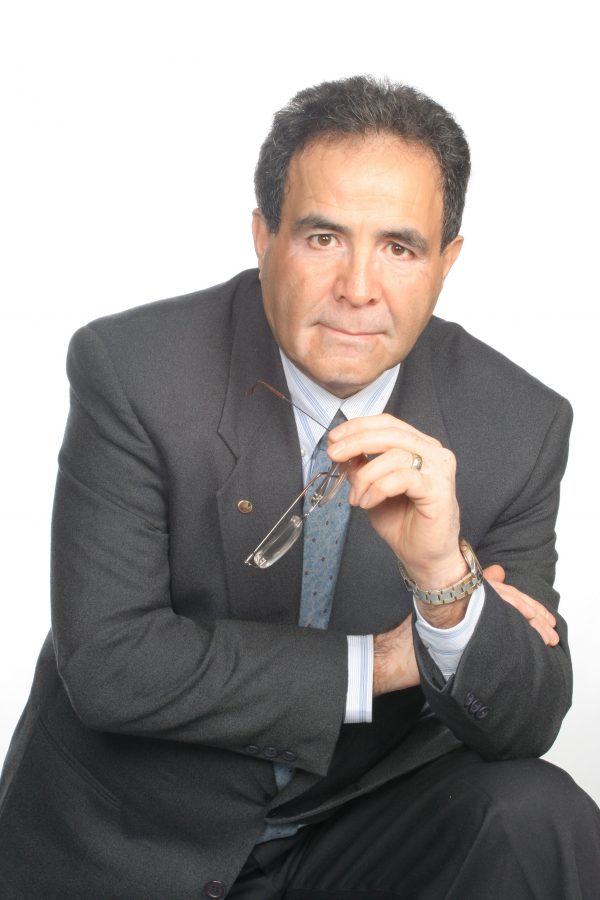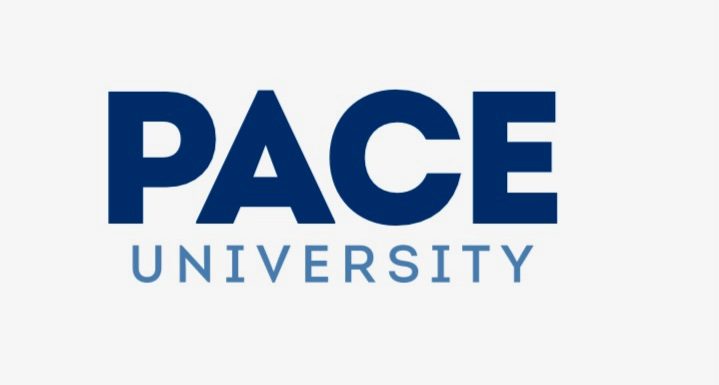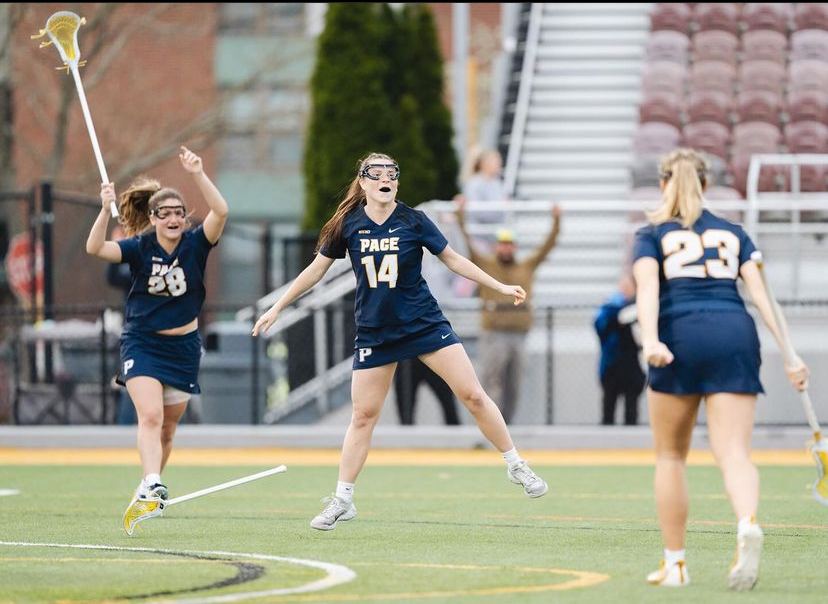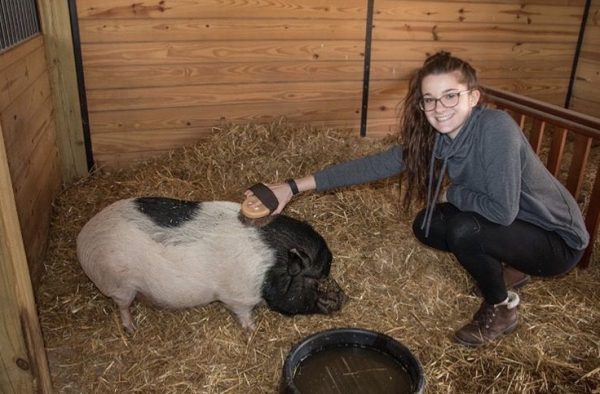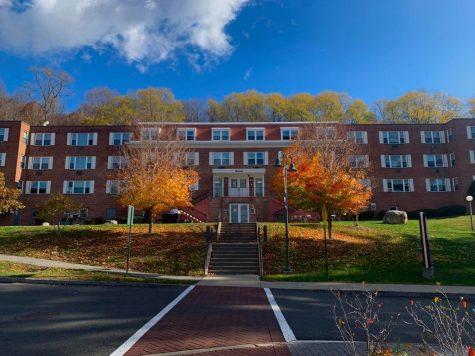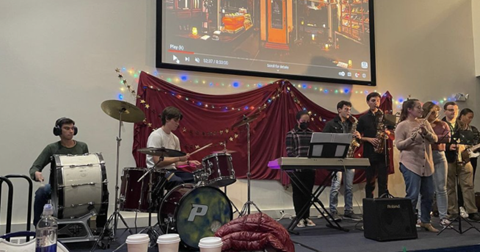David Rahni Re-Elected Chair of Faculty Council
Re-elected Faculty Chair David Rahni plans on working for the benefit of all in the Pace community. Photo by David Rahni.
February 7, 2017
Pace’s Faculty Council has re-elected Chemistry Professor David Rahni as its Chair and Co-President of Joint Faculty Councils of Pace for the third time, he plans to use his role for the benefit of all of Pace’s community and to overcome the challenges the institution faces.
During the election to choose a new chair, Rahni expressed his support for his competitor Joseph DiBenedetto, however, Rahni was chosen over him anyway.
“[I said during the election] I hope Joe gets elected and if he does I would happily help him, and if by any remote chance you elect me I will do a good portion of it, I cannot do all of it [by myself], it’s too ambitious. And I sat down,” Rahni said.
The Chemistry Professor, who has worked at Pace for over 30 years, credits his reelection to his past work with faculty and his large amount of experience with teaching, scholarship, and publication.
“I guess I’m blessed over time to have learned from people who are senior to me to really connect with people at all levels, from student level to senior level, to mainstream, to immigrants, to an international audience, it’s my asset, I enjoy it,” Rahni said.
As Chair, Rahni’s job is working with Pace’s administration to make sure Pace remains a student-centric institute for higher learning, as well complying with external regulations, assess academics, setting and implementing policy, working with the Academic Deans in recruiting, promoting, and financially supporting faculty.
The Chair plans to negotiate with Pace’s administration in order to increase the salaries of faculty to reflect their benchmark institutions, and so that they get a raise every year.
“Faculty Council leadership plays a pivotal role in steering the aspirations, fulfillments, expectations and delivery of the faculty through students, scholarship, and service. Also by the same token, making sure the faculty receives an equitable and honorable part of the revenue pie in terms of their salary compensation benefit that is [on par] with their delivery and coincides rather well with our benchmark institutions,” Rahni said.
This year Rahni challenged his faculty, made up of around 170 people, to complete 10 hours of governance service in order to meet challenges the university faces. These include hiring a new President and Provost and working on a departmental and divisionally master plan -which is what the university hopes to accomplish in the next five years in terms of students, majors, graduation, and resources.
Rahni is also in charge of ensuring Pace passes the Middle States’ examination, which is a review of the school that takes place throughout 2017 to 2019, by a dozen peer and aspirant institutes, in order for it to be reaccredited. He is confident that Pace will pass, however, it will receive constructive feedback from the examiners.
“We have no reason to believe that Pace would not [pass.] We’ve seen schools that are far inferior to us and were still able to pass it with flying colors. We definitely pass it with flying colors it’s just a matter of us pulling our resources and our heads together,” Rahni said.
The leader plans to use his role to work to increase Pace’s admission standards as well as increase retention, enrollment, and graduation rates.
“With the new expanded and ultramodern physical infrastructure and residence halls in place, and the addition of a large cohort of brilliant junior faculty and students, we should further enhance our admission standards, retentions and graduation rates, and increase our student enrollment in Pleasantville that can [increase] from the current 3,700 to 4,250 in five years,” Rahni said.
Rahni plans to create sessions where younger faculty interact with their seniors in an open forum, in order to be mentored as well as share their newer ideas with the older generation.
“This will be a nice cross-fertilization intellectually so we can prepare the way for career development and ultimately the younger faculty taking the role of leadership,” Rahni said.

